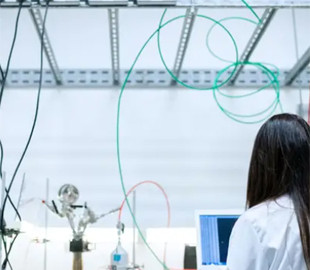
Scientists from Texas A&M University have developed a new method of decomposing plastic before it enters the environment. During the study, scientists split condensation polymers into compounds suitable for use as fuel.
Reports Channel 24 with reference to Interesting Engineering.
What is known about the new method of plastic decomposition
Microplastics (plastic particles smaller than 5 millimeters) contribute to global warming, disrupting food chains and harming the environment through toxic chemicals.
The research uses small amounts of solvents that act as sources of hydrogen to break down a special class of plastics – condensation polymers.
During the experiments, the scientists managed to break down these polymers into substances suitable for use as fuels. To do this, they used organic compounds known as liquid organic hydrogen carriers to store the hydrogen and use this hydrogen to break down the polymers.
The researchers created catalysts that allow them to effectively use the hydrogen stored after the polymers break down. In particular, the results of the study show how the surfaces of the catalysts use the hydrogen left over from these organic carriers to convert PET into p-xylene – a molecule that can be used to produce fuels or chemicals. Scientists propose a solution to the problem of waste disposal based on these catalysts.
These organic molecules transport hydrogen from the place of its production to where it is used for waste processing, especially in urban environments, where we collect a lot of such waste,
– the scientists note.
Methanol plays an important role in this process, as it helps break down PET into smaller fragments and acts as a source of hydrogen to form p-xylene. The use of this method could significantly change the economic model and contribute to the abandonment of fossil fuels.

